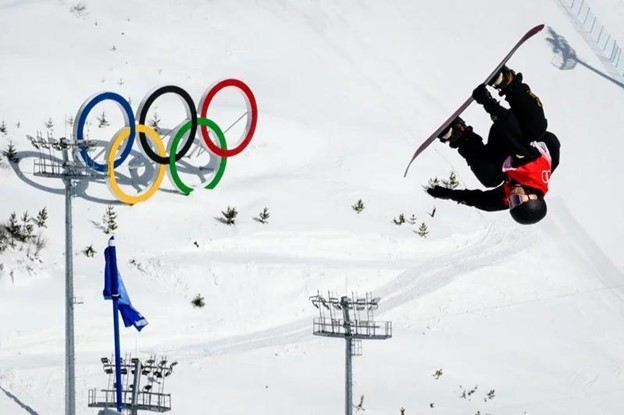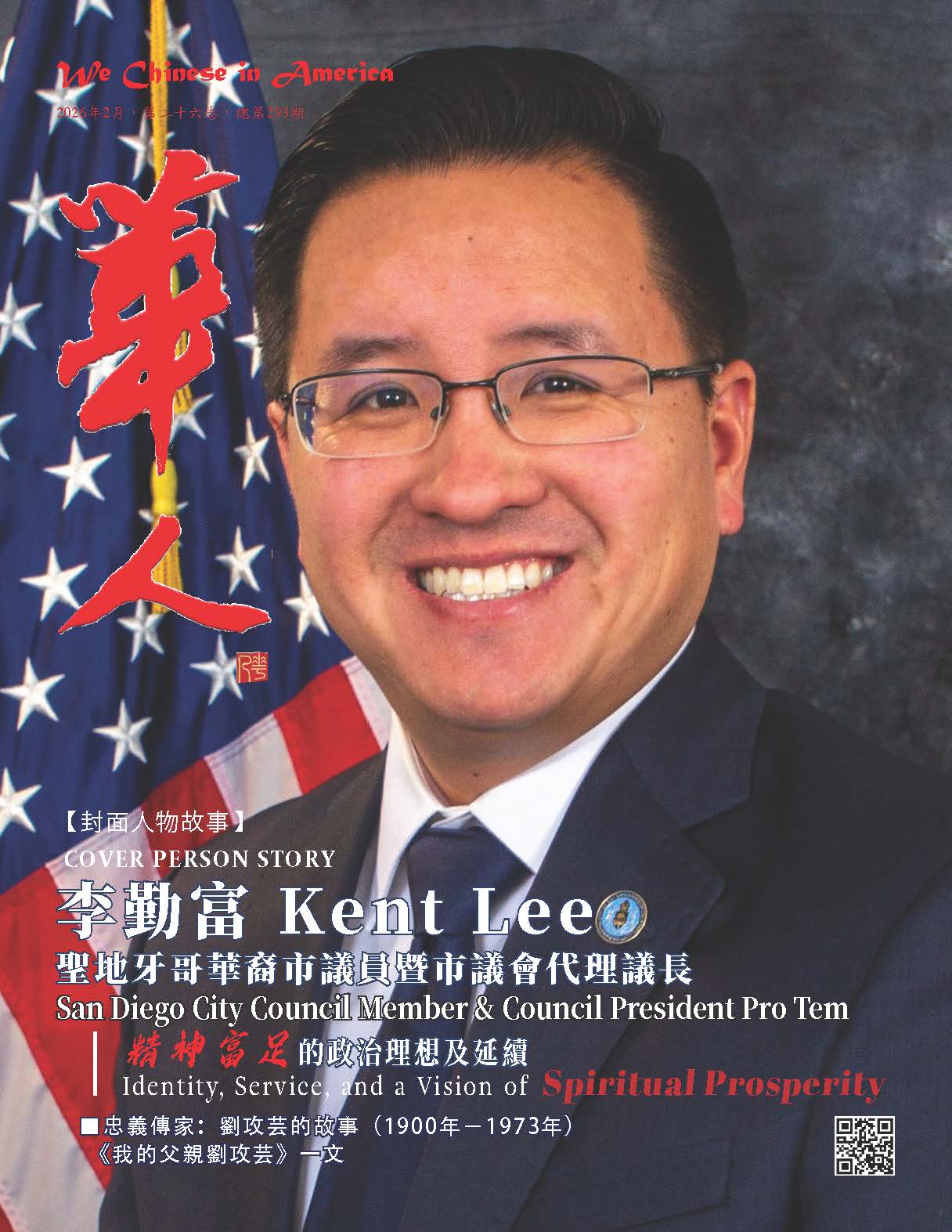
How Did Beijing Host the Winter Olympics Without Snow? The Biggest Artificial Snow Operation Ever Revealed
(We Chinese in America Media Editor Tang Zhao, February 7, 2022) How does a water-starved Beijing cope with the water needed for the largest snow-making campaign in Olympic history? Xinhua
It doesn't snow every day in winter in Beijing, but the Winter Olympics are held here, which has led to the largest snowmaking operation in Olympic history. "The New York Times" specially wrote an article to report, where did the water-deficient northern China find so much "water" to make snow?
Beijing has always faced drought problems in winter, and sometimes it must rely on the "South-to-North Water Diversion" to supply enough water to the north. This time, Beijing is in big trouble for the Winter Olympics. Not only is there a shortage of water, but also "lack of snow". The raw material is water, so the problem goes back to lack of water.
Artificial snow has become an integral part of modern winter sports, even in snowy places such as Norway, Switzerland, and Colorado. "There are no winter sports right now without artificial snow," said Michael Mayr, the regional manager for Asia. The Winter Olympics will use artificial snow almost entirely for the first time, which requires large-scale snowmaking and water production. Resource management operations.
How much water is needed to prepare for a Winter Olympics? According to the data of Tianbing Group, it takes about 1 million cubic meters, which must be enough to fill 400 Olympic-sized swimming pools. This is only the amount needed in the initial stage of the Olympics. As the competition progresses, more snow may be required. Arguably more water.
Back to the issue of water shortage, the Chinese government built pumping stations to draw water from reservoirs several kilometers away. According to Chinese state media reports, Beijing diverted water from the Baihebao Reservoir into the Guishui River. The Guishui River is dry most of the time in winter, but it flows near the Olympic venues and plays an important role in this Winter Olympics. The Chinese government has thus allowed the river, which was dry in winter, to be refilled with water.
Jessie Diggins, who won the gold medal in cross-country skiing at the 2018 PyeongChang Winter Olympics, said: "This isn't the first time we've raced on artificial snow, and unfortunately, it doesn't seem like it will be the last." Talking about the difference between natural snow and artificial snow: "It [natural snow] is harder, colder, and it changes with the weather. I wouldn't say it's dangerous, but it makes the track trickier, because you have to figure out how to get through the corners."
However, when temperatures are extremely low, alpine skiers may prefer artificial snow, as modern snowmaking technology can create "wet snow" that eventually freezes into the ice that the riders prefer. "It's denser, it doesn't really form snowflakes, it's fluffier after trimming," said Travis Ganong, a U.S. ski-racer. Love the slippery and hard surfaces like this.”
(Source: Compiled from Online Information)









